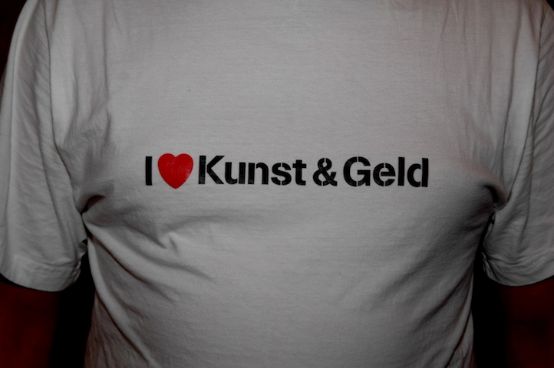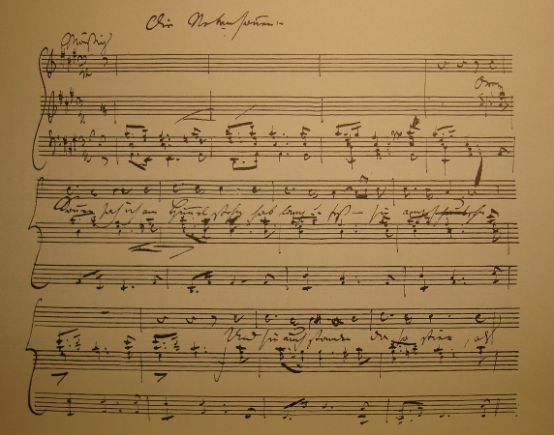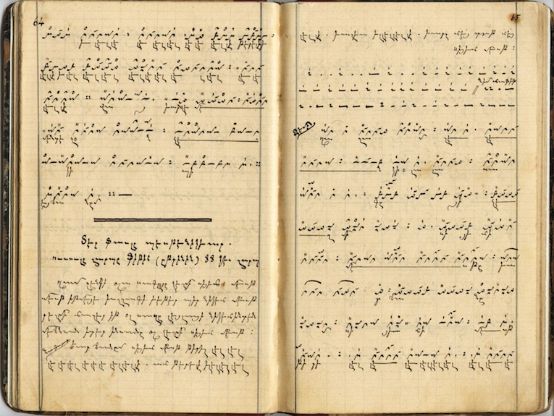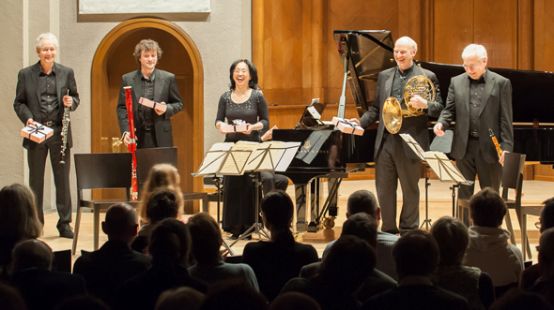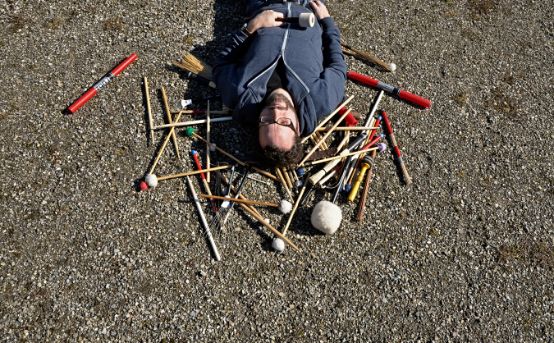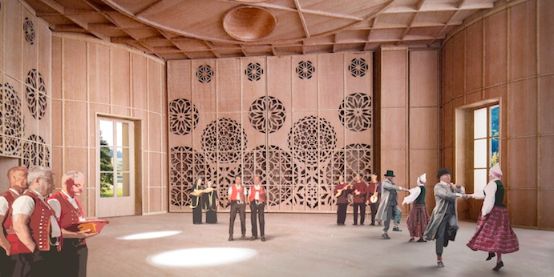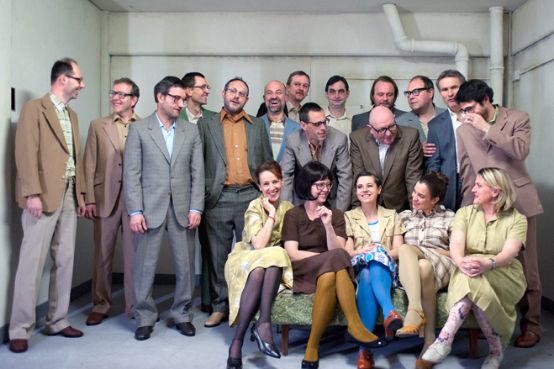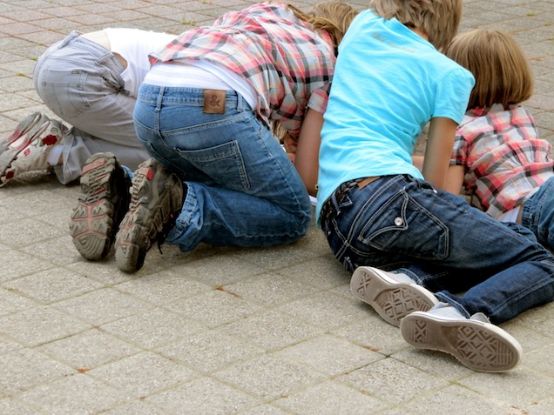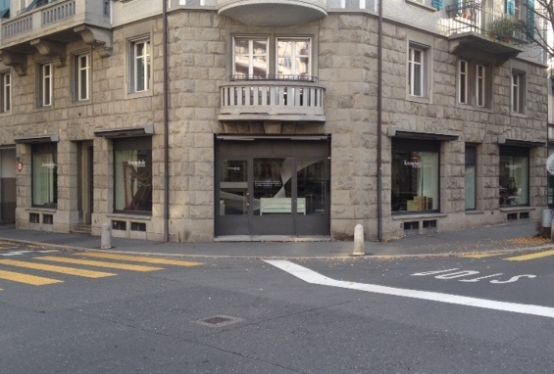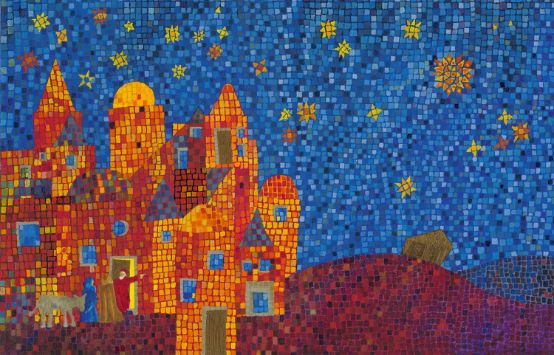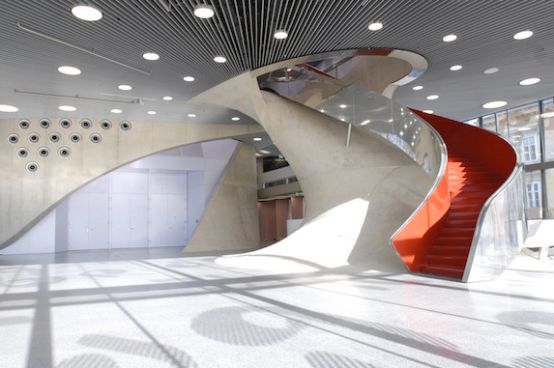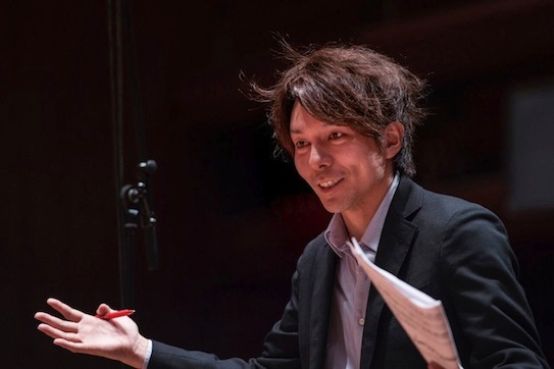Zurich art actions for the climate conference
Zurich University of the Arts ZHdK is represented with two artistic contributions to the official program of the COP21 climate conference. They are called "(in)visible transitions" and "Trees".
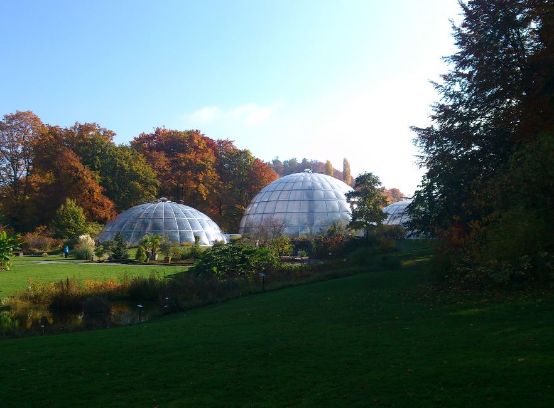
The "(in)visible transitions" project is a contribution to a series of events taking place around the world to mark the start of the COP21 climate conference in Paris. "Les 24h du Climat" is a global performance network and aims to raise public awareness and engagement for the climate protection goals of COP21: On Monday, November 30, artist Christina Della Giustina and musicians will perform a composition based on climate data from the water cycle of trees in the three tropical houses and parts of the outdoor area of the University of Zurich Botanical Gardens.
The ZHdK research project "Trees: Making ecophysiological processes audible" was also personally invited by French President François Hollande during his visit to the ZHdK in April 2015. It uses the sounds produced in trees during drought to show how natural phenomena can be made tangible and conscious through artistic and scientific processes.
The installation will be on display in Hall 3 at the Parc des Expositions Le Bourget in Paris for the duration of the World Climate Summit. It is the result of a research project by the Institute for Computer Music and Sound Technology at ZHdK and the Swiss Federal Institute for Forest, Snow and Landscape Research WSL, funded by the Swiss National Science Foundation (SNSF). The project has been running since 2012 and has just been completed. The artistic director of the project is Marcus Maeder (ZHdK), the scientific partner is Roman Zweifel (WSL).






